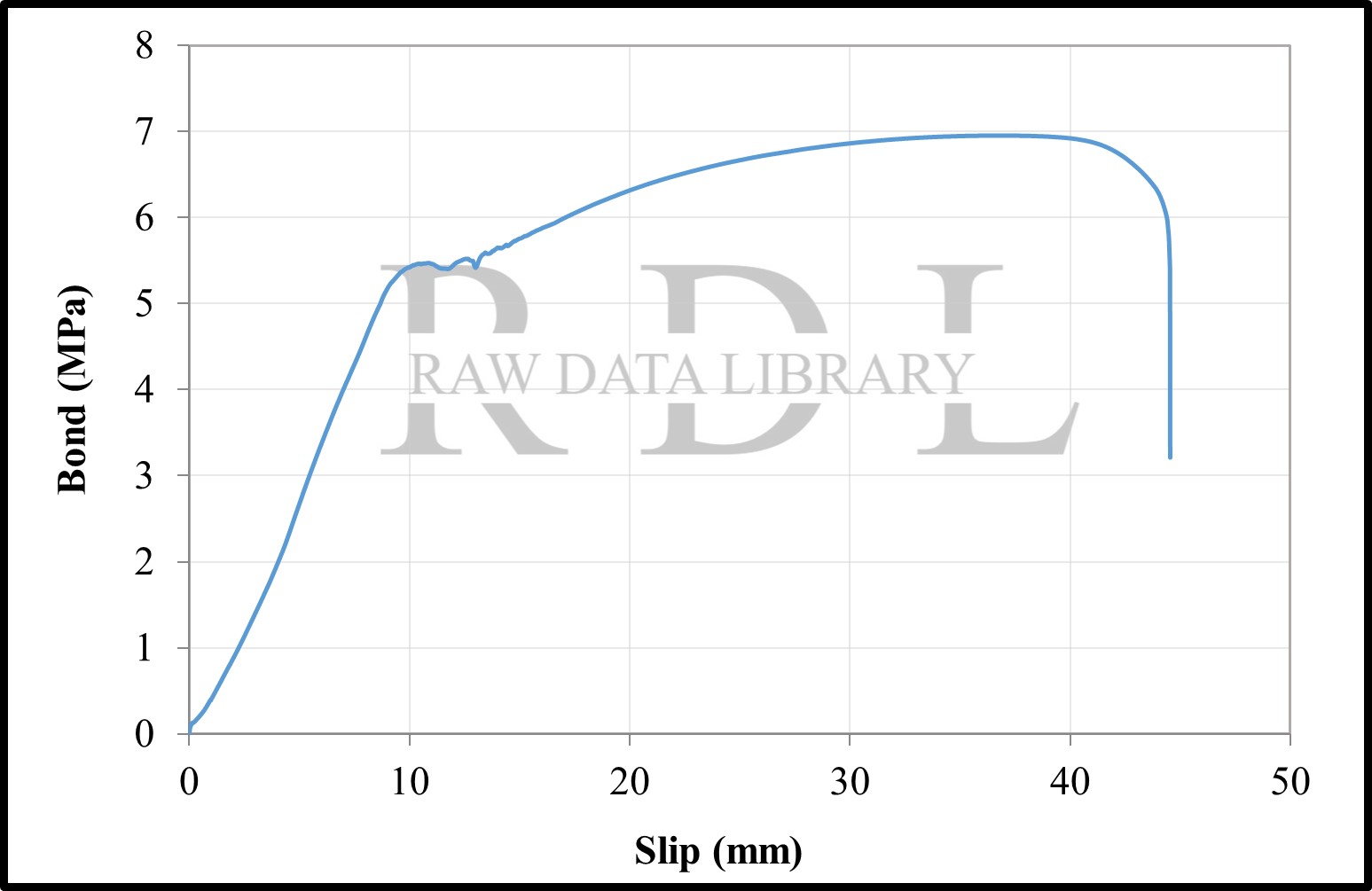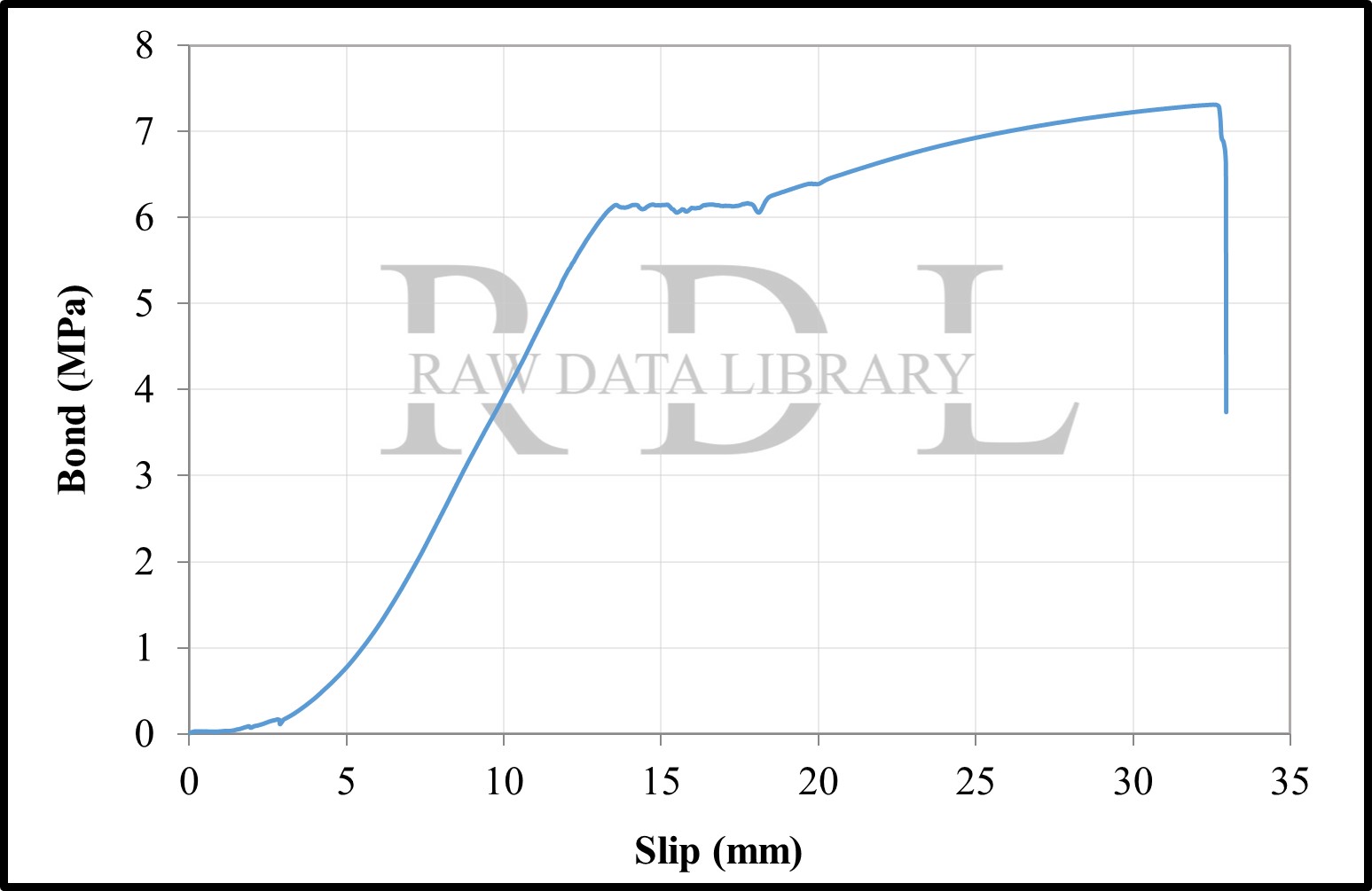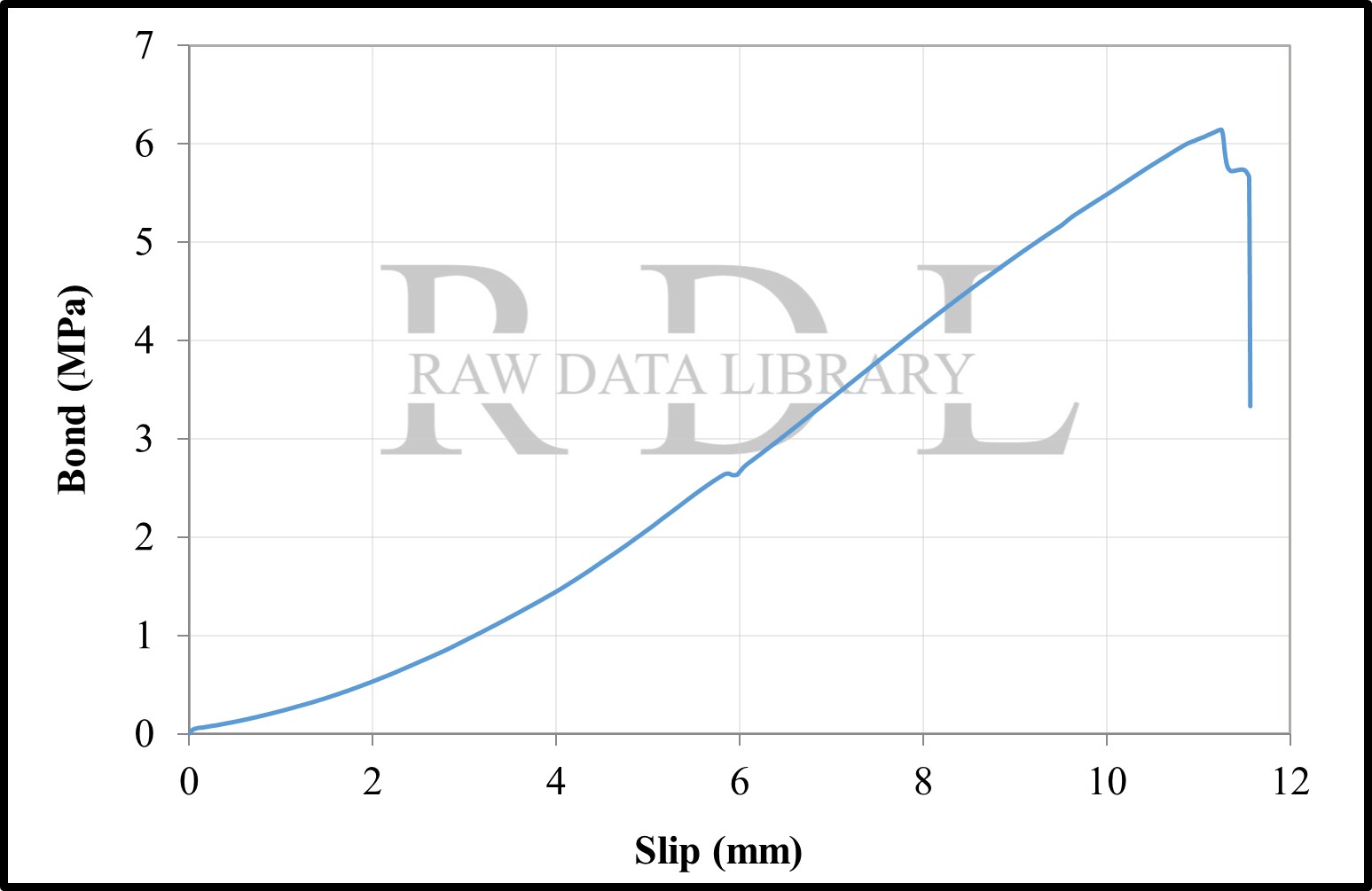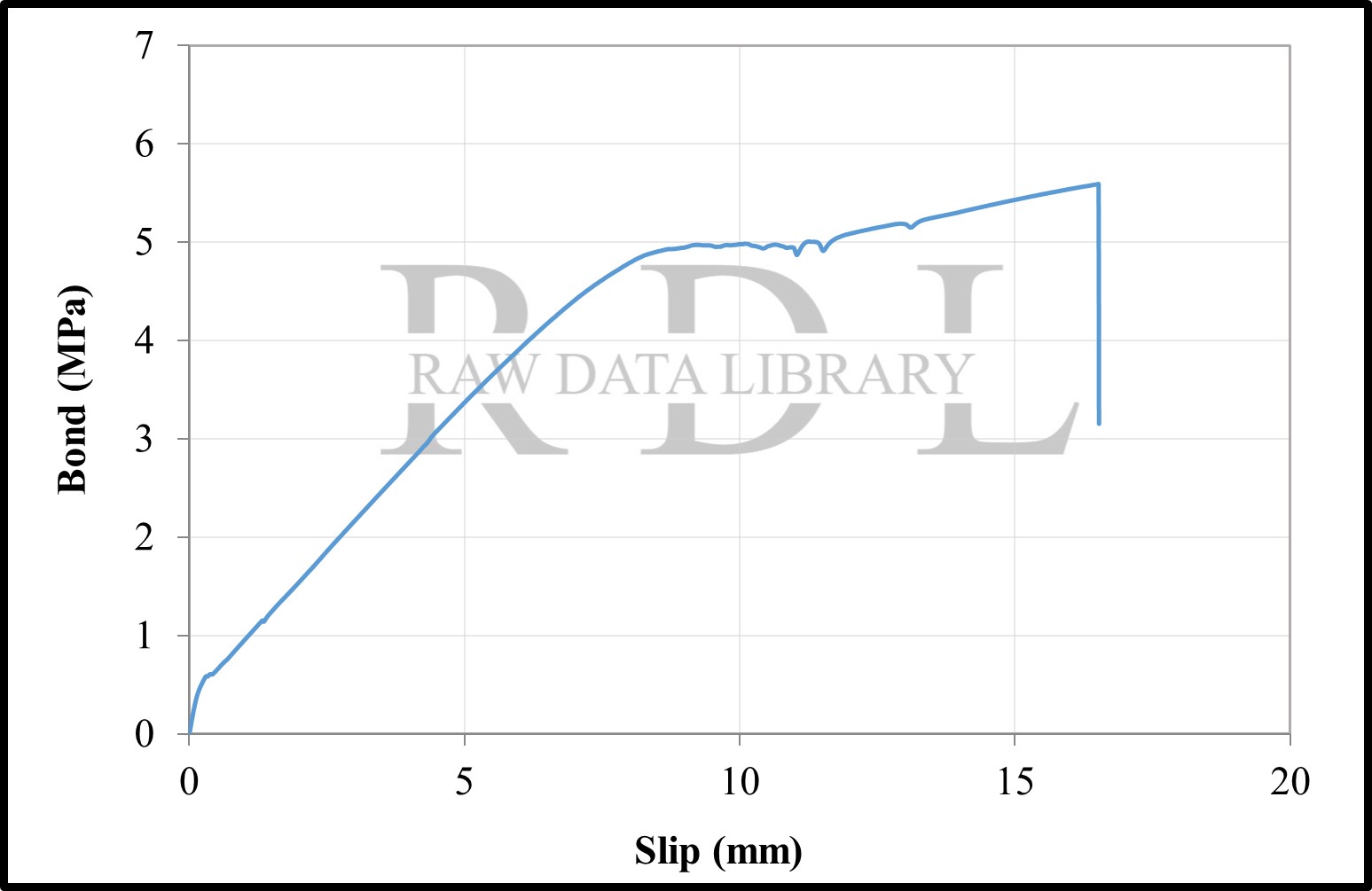Evinacumab: a new option in the treatment of homozygous familial hypercholesterolemia
Abstract
Introduction Familial hypercholesterolemia is a genetic disorder characterized by elevated levels of low-density lipoprotein cholesterol (LDL-C) since birth and an exceedingly high risk of premature cardiovascular disease, especially in the homozygous form (HoFH). Despite the availability of effective cholesterol-lowering drugs, substantial LDL-C and cardiovascular risk reductions in these patients are still problematic, especially in those carrying mutations in the low-density lipoprotein receptor (LDLR) gene. Areas covered Loss-of-function mutations in angiopoietin-like 3 (ANGPTL3) encoding gene are associated with lower levels of LDL-C and reduced cardiovascular risk; the pharmacological inhibition of ANGPTL3 reduces LDL-C levels independently of LDLR. This approach can thus improve the treatment of HoFH using a monoclonal antibody targeting ANGPTL3 (evinacumab). Expert opinion Most lipid-lowering agents available so far are insufficient to achieve an appropriate response in HoFH patients. The inhibition of ANGPTL3 with evinacumab halves LDL-C levels in HoFH patients by an LDLR-independent mechanism. The results obtained so far have clearly indicated a promising improvement in the management of these patients. As the reduction of CV risk is proportional to the absolute reduction in LDL-C levels, we can expect that treatment with evinacumab, added to the maximally tolerated lipid-lowering therapy, will turn into a significant clinical benefit.





















